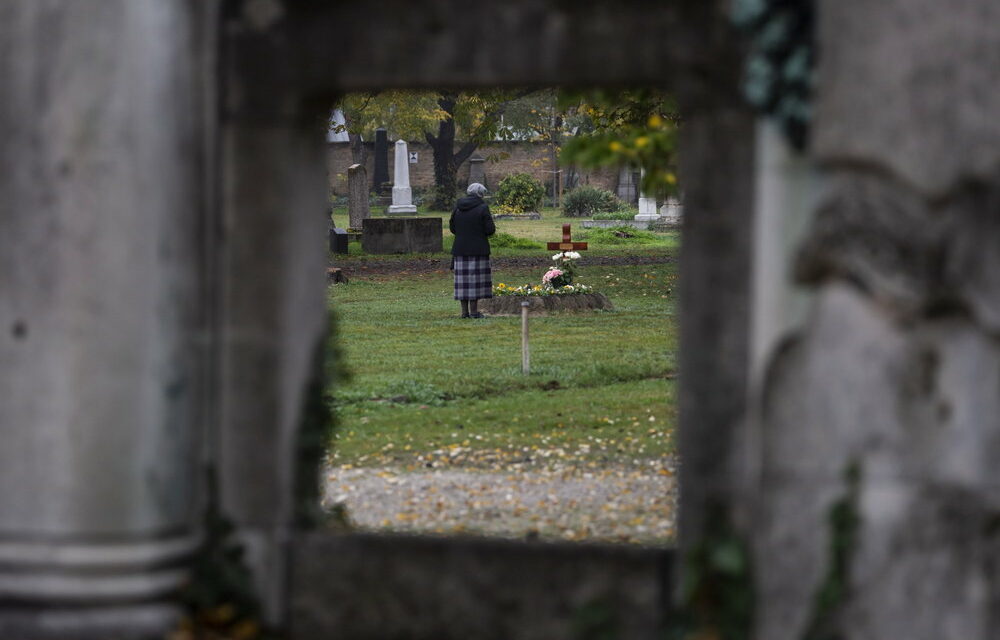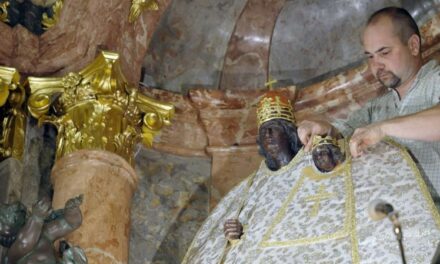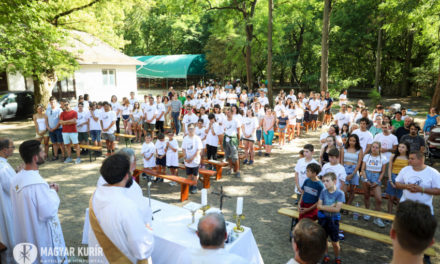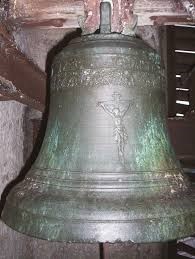On the Day of the Dead, we buy beautiful flowers, we make the graves smaller, but do we remember where our dead are, who never come back? Maybe they are still around us because we couldn't let them go, or they couldn't get rid of their earthly desires? Sister Faustina, a Catholic nun, went to the cemetery to pray for the souls left near the ground. He saw them with his spiritual eyes and their ascension to heaven after his prayers.
But in the best case, they are up in heaven or Purgatory according to the Catholic faith, to stand clean before the Lord. Until our last day approaches, we won't know where they are, but we won't know where we're going either. Thus, on the Day of the Dead, we can start thinking about our own fate, because no matter how much we don't want to hear about it, every day we get closer to leaving. Of course, let's think about what we can do for our dead from here on earth?
All religions believe that the soul is eternal and lives on after shedding its earthly body. We Christians believe even more than that, we hope that our bodies will be resurrected as Jesus was resurrected from the dead. "For if Christ is not risen, your faith is worth nothing, because you are still in your sins" (1 Cor 15:17), says Saint Paul in the New Testament. But the prophet Isaiah already writes that "your dead will come to life and their corpses will be resurrected" (Isaiah 26:19).
Man is body, soul and spirit. The fact that there is a soul in the human body, which separates from the body at death, is already confirmed by science. As early as 1975, Professor Raymond A. Moody's research was carried out in America, which he conducted with those returning from clinical death. The majority "died" on the operating table as a result of some disease. Professor Moody documented what those who returned from clinical death said, calling them "first-hand reports". They all saw their bodies on the operating table while their souls hovered above it. They gave an exact account of what the doctors and nurses did while they were "dead", but their souls saw and heard everything. Pál already described that there is a "sensory body" and a "spiritual body", and the latter's survival is eternal in the other world. "A sensual body is sown - a spiritual body arises. If there is a sensual body, there is also a spiritual body" (1 Corinthians 15:44). From the accounts of the saints, we know that we live on in our youthful form.
To hear reports, also from those returning from clinical death, who in this state, in their spiritual body, met relatives who were waiting for them at the gates of heaven. We all hope to see our loved ones there. But will we really be together? It is clear that people of a similar spiritual level can join a spiritual group. Saint Teresa of Avila distinguished 7 heavens. Depending on what kind of spirituality a person embodies, someone ends up here or there. (It is also clear that the Catholic is different, the Reformed is different, the charismatic spirituality is different, and even within this there are countless differences) What is the degree of his relationship with God, the quality of God's love, how much he did good for good's sake, the right for the right's sake in his life. Have you ever thought about the fact that "man does not live by bread alone " (Mt 4:4) but also by spiritual food. Did he feed his soul with the Word of God? Did he nourish his soul with the love of God and neighbor, which is the greatest commandment in the Holy Scriptures? How much did he love, how much did he do good for others? Has he shed the "Oh Man" along with his habits?
"He who trusts in his wealth will fail, the righteous will sprout like a green leaf" (Proverbs 11:28), the Bible says. He who immerses himself in the material world and does not feed his soul, how can he get to heaven? There are married couples in which one member feeds his soul with prayer, reads the Word of God, does acts of love, but his partner is an atheist and does not want to hear about spiritual things. How could they end up in one place after death? There is only one way, if the wife prays for her husband's conversion and forgiveness of his sins. A good example of this is St. Monica, whose husband and son committed great sins and despised God's teaching. But Mónika didn't give up, she kept crying and praying for them. As a result, her husband converted towards the end of his life, and her son, known as St. Augustine, became the bishop and teacher of the Church of Hippo.
The most we can do for the living and our dead is to pray for them, for the salvation of their souls, for the forgiveness of their sins. It's worth more than any pretty flower on Day of the Dead. Catholics pray for the release of their loved ones from Purgatory. Even more so on the Day of the Dead. They believe that their relatives may have committed sins that they forgot to repent of, or that they didn't even know it was a sin, thus leaving a stain on their souls. God, on the other hand, is Holy, there is no way that a dirty soul can come to him, unless Jesus cleansed him, because that is why he gave his blood on the cross. But there can be sins of youth, which a person does not even think about anymore, did not ask for Jesus' cleansing for them, in this case there is Purgatory Fire, which is a state of grace. God's generosity, love, and grace are manifested in the possibility of Purgatory, which many saints saw in their lives, according to their biographical accounts.
Maybe we have a grudge against our dead, or we have a grudge that we haven't forgiven yet. Today, psychology also says that it is better to forgive, because negative emotions destroy a person's physical and mental health. God also says, if someone has a complaint against you, go and reconcile it, only then come before me. The Lord's Prayer is also about this, "forgive us our trespasses, as we also forgive those who trespass against us" . If someone harbors anger and hatred in his soul, he also cannot enter God's Holy Kingdom.
So we have a lot to do! Let's pray for each other, for our dead, so that we have good things in eternal life. And above all, we feed our souls with love, the word of God, and helping each other.
"Blessed are the dead who die in the Lord from now on. Indeed, this is what the Spirit says, because they rest from their labors, because their works follow them.” (Revelation 14,13) .
Author: Katalin Pók
Cover image: Memorial in Budapest at the Fiumei Street Cemetery on All Saints' Day, November 1, 2022.
MTI/Zoltán Balogh













